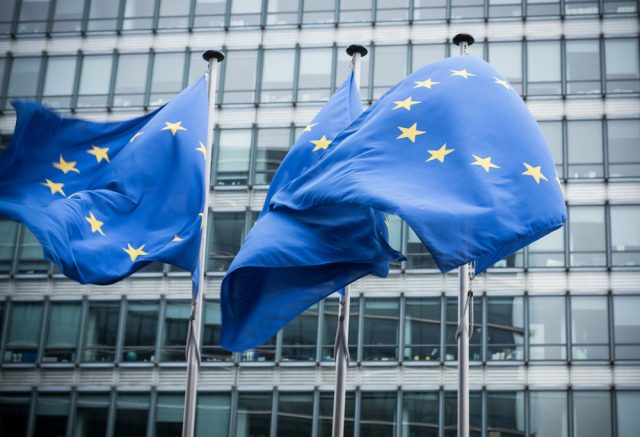EU to unite on wine sector challenges
By James EvisonThe European Commission has invited EU member states to participate in a wine policy group to assess the deep challenges for the sector.

Holding its first meeting on 11 September, the EU Agriculture Commissioner Janusz Wojciechowski announced the establishment of the group at the previous Agriculture and Fisheries Council meeting, in response to requests from the European wine trade.
It comes as the sector has seen unprecedented climate events in the vineyard and a decline in consumer purchasing of wine across France and other countries.
Challenges
For example, last year’s grape harvest in Prosecco was called an “annus horribilis” by a producer, a helpline was also set-up for “distraught” Bordeaux winegrowers hit with mildew, and Spanish wine regions have suffered from both devastating droughts in Catalonia, and violent hailstorms.
According to a report by the French Association of Wine and Spirits Exporters (FEVS), the volume of drinks exported from France fell by 10.4% last year. In addition, of those who are drinking in France, some 39% of under-35s prefer beer over still or sparkling wine and, in Italy, the number of Italians drinking wine every day dropped by 400,000, according to data from the Unione Italiana Vini (UIV).
Stakeholder organisations will also be invited alongside member states’ representatives to the first meeting, in order to present their assessment of the situation, and broader outlook for the EU wine sector.
Success
For the past two decades, the EU wine sector has been a success for the bloc, with a comprehensive regulatory system and exports that tripled in value over that period.
But, alongside its significant contribution to EU GDP, the sector is facing challenges as outlined above, alongside an unstable and less globalised international context, which is affecting its key export markets.
Setting up the group, the commission said that the EU wine sector “must adapt to these new realities”, and that its policy framework should be fit for accompanying the “required transition”.
The new forum will look at possible solutions for the sector, and will meet “at least” three times a year, with an expectation to deliver conclusions and recommendations for future policy developments by the beginning of next year.
Worth
The overall value of wine to the EU is significant at both a cultural and economic level. According to the bloc, the wine value chain creates an estimated 3 million direct and indirect full-time jobs, most of them in rural areas.
Partner Content
It also contributes an estimated €130 billion to EU GDP, including the direct and induced value generated over the whole supply chain. It is the leader in wine globally, delivering 60% of all production, 48% of consumption and 60% of exported value.
But consumption is at its lowest level in the past three decades and traditional export markets for EU wines are impacted by a combination of deconsumption and geopolitical factors, leading to “more erratic” import patterns, it said.
The latest set of data from the European Commission revealed a big drop in wine consumption across the traditional wine growing and drinking heartlands of Europe, with falls of 7% in Italy, 10% in Spain, 15% in France, 22% in Germany, and more than a third in Portugal.
Previous support
The news of the high-level group follows the commission supporting the wine market across several EU regions last year when there was a wine glut.
Under wine national support programmes, last year member states were able to include crisis distillation to remove the excess of wine from the market, as well as being granted additional flexibility in the implementation and financing of wine support programmes.
In France, a cash pot made up of €160m in crisis distillation aid from the EU was applied, and topped up to €200m by French funding, which was used mainly in the Bordeaux and Languedoc regions.
It enabled surplus wine to be distilled into ethanol for industrial uses, including perfumes and hydro-alcoholic gels.
CAP
A yearly budget of €1.06 billion of EU funds is dedicated to supporting the sector invest, innovate, promote their products, restructure and insure their harvests.
Under the current Common Agricultural Policy (CAP), the wine support measures are included within the CAP Strategic Plans. And, compared to the previous framework, the same budget is allocated to the wine sector and all the current eligible measures are maintained.
But objectives and interventions to promote a more sustainable wine sector have been reinforced by the EU, with a minimum of 5% of the expenditure to be dedicated to such objectives.
Related news
Should Rioja increase its focus on white wine?
The 'family spirit' behind Champagne Gardet's 130th anniversary




